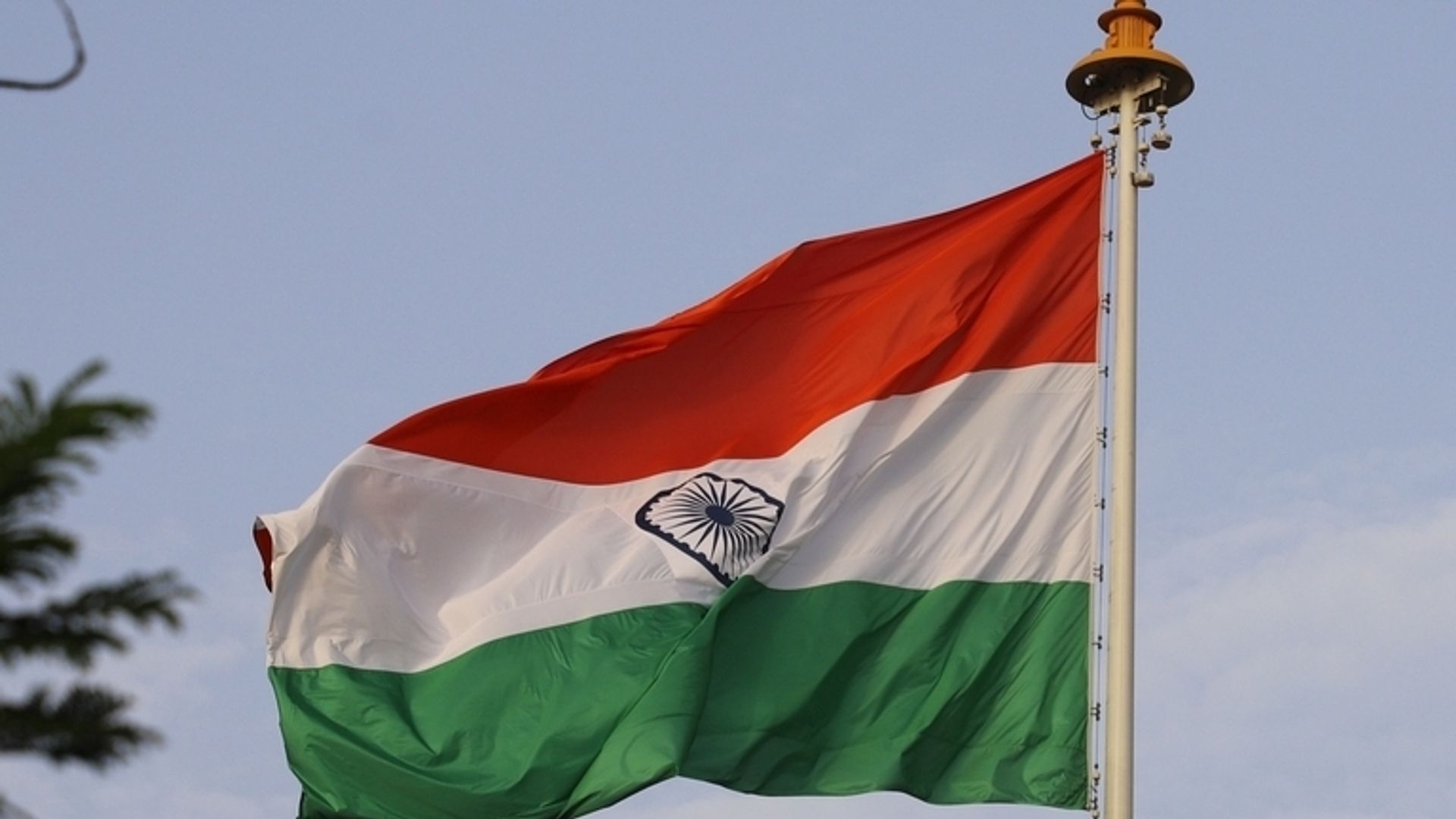
Key Points:
- India’s Supreme Court has questioned the central government’s inability to establish a ‘clear cut’ policy on cryptocurrency regulation.
- Justice Surya Kant and N Kotiswar Singh indicated that a ‘parallel under-market’ for crypto could influence the economy.
- There was an expectation for the government to release a discussion paper regarding its stance on cryptocurrency by September of the previous year, which has not yet occurred.
The Supreme Court of India has expressed concerns over the government’s failure to create a definitive regulation for cryptocurrency. According to Justice Kant and Justice Singh, the absence of a transparent policy allows for an under-regulated market that could adversely affect the economy. They emphasized that regulating cryptocurrencies would help monitor trading activities. “Why does the center not come out with a clear cut policy on regulating cryptocurrency? By regulating the cryptocurrency, you can keep an eye on the trade,” they queried.
Justice Kant further elaborated that trading in Bitcoin (BTC) resembles illicit trading, akin to the Hawala system, a method of informal money transfer that is illegal in India.
The justices directed Aishwarya Bhati, the Additional Solicitor General, to seek further instructions on this matter during the proceedings of a bail petition related to Shailesh Babulal Bhatt, who faced allegations of fraud connected to cryptocurrency. Bhati argued that Bhatt was one of the prominent BTC trade aggregators in Gujarat, noted for promising high returns to investors.
Despite these claims, the court cited a lack of clarity in discerning whether Bhatt was exploiting others or being exploited himself. The inability of the Indian government to formulate a robust regulatory framework for cryptocurrency was once again highlighted as a significant concern.
In October, an official indicated that the delay in policy formulation was linked to the need to assess more accommodating policies from the United States under President Trump.



